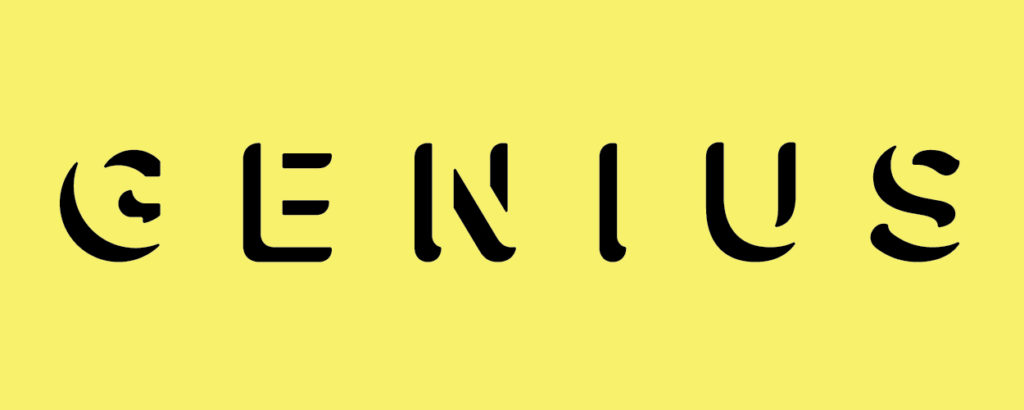This website uses cookies so that we can provide you with the best user experience possible. Cookie information is stored in your browser and performs functions such as recognising you when you return to our website and helping our team to understand which sections of the website you find most interesting and useful.
Business News Digital Legal Top Stories
US Supreme Court declines to consider Genius v Google dispute
By Chris Cooke | Published on Tuesday 27 June 2023

The US Supreme Court has declined to consider the Genius v Google litigation, which means a lower court ruling – dismissing the lawsuit filed by the former accusing the latter of stealing lyrics off its website – now stands. A legal rep for Genius, perhaps unsurprisingly, said the Supreme Court’s decision keeps in place a dangerous precedent set in the lower courts.
Lyrics platform Genius accused Google of scraping content off its website and then plonking those lyrics into the info boxes that appear on the search engine when people search for specific songs. Genius claimed that it had spotted Google lifting its content by inserting a very specific pattern of apostrophes or spaces into the lyrics on its site, which then popped up in Google’s info boxes.
Google denied any wrong-doing, but given the clever tactics Genius had employed to allegedly confirm the content theft, it would have been interesting to to see the lyric site’s detective work properly scrutinised in court.
But once Genius decided to go legal, there was a problem. It doesn’t own the copyright in the lyrics that had been allegedly lifted, with both Genius and Google licensing the lyrics they use from the music publishers. So Genius couldn’t sue for copyright infringement.
It therefore sued for breach of contract, on the basis that Google had breached the terms of the Genius site by allegedly scraping and re-publishing its content.
But Google successfully countered that because this was really a copyright dispute, Genius had to pursue a copyright rather than a breach of contract claim. Except it couldn’t, because it wasn’t the copyright owner in the allegedly lifted lyrics.
In legal terms, Google argued that: “Section 301 of the Copyright Act preempts common law claims that, inter alia, are ‘equivalent to any of the exclusive rights within the general scope of copyright’”.
The court hearing the case agreed with Google’s interpretation of the law, as did the Second Circuits Appeals Court. Hence why Genius wanted the Supreme Court to intervene. It argued that other US courts had ruled differently on this point.
And that by allowing the lower courts’ ruling to stay in place, a dangerous precedent was being set that could hinder digital platforms that curate and host content that is owned by third parties.
Because those platforms can’t now use their terms of service to directly stop other companies from scraping and republishing content that is stored on their servers.
While deciding whether or not to take the case, the Supreme Court sought input from US Solicitor General Elizabeth Prelogar. She recently urged the top court to knock back the dispute.
She actually wasn’t completely convinced by the conclusion of the Second Circuit Appeals Court that US copyright law “categorically” bars contract claims that are based on a “promise not to copy” creative works.
However, she said the Supreme Court should nevertheless decline to review Genius v Google, because it wasn’t clear that the lyrics platform could prove it ever had a valid contract with the search engine.
The Supreme Court confirmed it would not review the case yesterday.
Welcoming that decision, Google spokesperson José Castañeda said: “We appreciate the court’s decision, agreeing with the Solicitor General and multiple lower courts that Genius’s claims have no merit. We license lyrics on Google Search from third parties, and we do not crawl or scrape websites to source lyrics”.
Meanwhile Josh Rosenkranz, a lawyer for Genius, told Reuters that both he and the company were disappointed with the decision, arguing that the lower court ruling that is being upheld “allows companies like Google to swallow up their competitors by misappropriating their content without any repercussions”.





